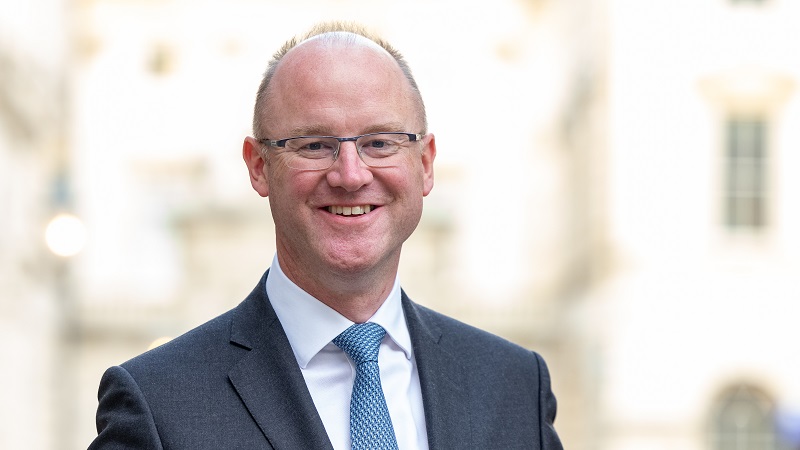The Association of Investment Companies’ (AIC) chief executive Richard Stone has called on the new Labour government to rapidly resolve the issue of investment trust cost disclosure.
Under the Alternative Investment Fund Managers Directive (AIFMD), investment companies are required to disclose charges in the same way that unit trusts are, leading to a misleading representation of costs for closed-ended funds.
The issue seemed to be on the path towards a resolution through Baroness Altmann’s private members bill, with the bill passing through three readings in the House of Lords. However, Conservative leader Rishi Sunak’s decision to call a snap election meant the bill was effectively dropped before it could be debated in the House of Commons.
See also: Cost disclosure campaign steps up calls for trusts to be removed from AIFMD
Following the outcome of last Thursday’s general election, Richard Stone (pictured), CEO of the Association of Investment Companies (AIC), said that dealing swiftly with the issue could be an early win for the new Labour government.
“The issue of misleading cost disclosures is well documented, and the case for reform won cross-party support in the last parliament. However, the previous government failed to deal with this problem before the general election,” he said.
“Investors need accurate, clear and useful information to make good decisions, but under current rules they are still being supplied with misleading disclosures that double-count costs.”
The AIC has previously called for trusts to be removed from the AIFMD framework, returning disclosure rules to their pre-2018 state.
Stone urged the association’s members to write to the new economic secretary as soon as they are appointed.
“We need to see an end to the misleading aggregation of costs by investors in our sector and a fundamental reform of disclosures made to retail investors by platforms, advisers and wealth managers,” he added.
“This is an opportunity for the Labour government to chalk up an early success. Officials within the Treasury have already done much of the necessary work and resolution will not eat into any parliamentary time, allowing the new government to press forward with what I am sure will be a very full agenda.
“Front and centre of the Labour manifesto was the need for growth and wider wealth creation. Investment companies are perfectly positioned to support those aims, but to do so effectively, there must be an end to regulations that mislead investors and damage the sector.”
‘Nothing to lose and everything to gain’
Christian Pittard, head of closed-ended funds and managing director, corporate finance at Abrdn, has also called for the issue to be urgently addressed, arguing current disclosure rules are “holding back” the UK’s closed-ended fund sector.
“There’s nothing to lose and everything to gain, coming at zero cost to the public purse while boosting investor confidence and investment in the UK. Closed end funds provide a critical source of capital for those large-scale real estate, specialist equity, infrastructure and renewable energy projects that, political consensus agrees, are needed to power the nation’s growth.
“Misleading and unhelpful rules on cost disclosure for investment trusts are choking investment into these productive areas and must be addressed immediately. It has impacted investor sentiment to the point where the disclosures could be adversely affecting investment decisions.
“Reforming UK capital markets can’t be done without solving this conundrum, given that the sector accounts for around 36% of the FTSE 250, according to the London Stock Exchange.”
See also: AIC: Seraphim Space tops investment trust performance in H1










